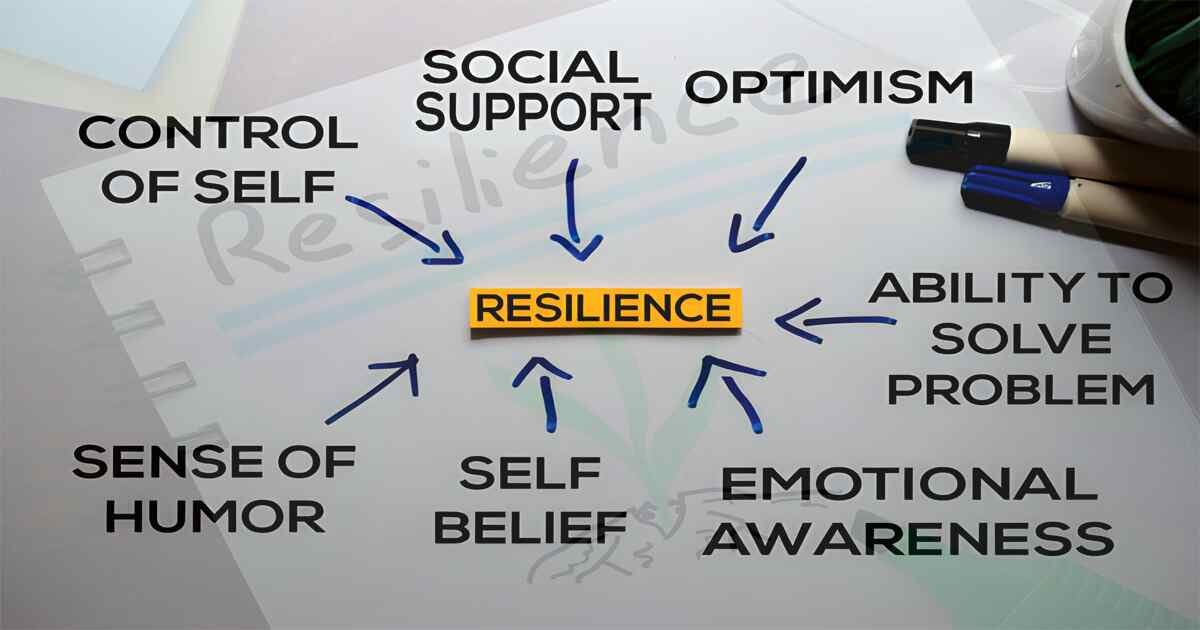Embarking on a journey toward holistic health involves nurturing the interconnected facets of our well-being. Holistic health emphasizes the integration of mind, body, and spirit, fostering a balanced and harmonious lifestyle. Holistic health also considers our environmental and social aspects, recognizing the impact of surroundings and relationships on our well-being. This comprehensive approach extends beyond symptom management to address the root causes of health issues. Integrating holistic therapies, such as acupuncture or energy healing, further enhances the body’s healing ability. As we prioritize the synergy of mental, emotional, and physical health, the path to holistic well-being unfolds, promoting longevity and a more fulfilling life.
Energy Healing
Energy healing is a transformative practice that taps into the body’s subtle energy systems to promote balance and well-being. Rooted in ancient traditions like Reiki and acupuncture, energy healing operates on the premise that energy flow disruptions can lead to physical or emotional imbalances. Practitioners channel healing energy into the recipient, clearing blockages and restoring equilibrium. This holistic approach addresses symptoms and the underlying causes of distress, supporting the body’s natural healing abilities.
During an energy healing session, individuals often experience deep relaxation and a sense of renewal. It can particularly benefit stress reduction, pain management, and emotional healing. As more individuals seek complementary approaches to health, energy healing stands out as a gentle yet powerful method to foster harmony and vitality in both body and mind. Explore the transformative potential of energy healing to unlock a renewed sense of balance and holistic well-being.
Integrative Wellness (Holistic Health)
Integrative wellness represents a holistic approach to health that considers the entire spectrum of an individual’s well-being. This comprehensive paradigm embraces integrating physical, mental, and spiritual elements to achieve optimal health.
Practices such as acupuncture, mindfulness, and personalized nutrition plans are integral to integrative wellness. These modalities work synergistically to promote overall health and prevent illness. The emphasis on individualized care and the mind-body connection distinguishes integrative wellness, making it a transformative approach in today’s healthcare landscape. As awareness grows about the interconnected nature of health, embracing integrative wellness becomes a proactive choice, promoting resilience and nurturing a sustainable, vibrant lifestyle.
Holistic Nutrition
Holistic nutrition is more than just a dietary approach; it’s a philosophy that considers the interconnectedness of mind, and body, in achieving optimal health. Emphasizing whole, unprocessed foods and mindful eating, holistic nutrition nourishes the body while promoting overall well-being. By focusing on the nutritional value of food and how it affects not just physical health but also mental and emotional aspects, holistic nutrition addresses the root causes of imbalances.
A holistic nutrition approach considers individual needs, lifestyle, and environmental factors to create personalized dietary plans. It recognizes that each person is unique, and there’s no one-size-fits-all solution. Integrating aspects of traditional wisdom and modern nutritional science, holistic nutrition aims to support the body’s natural healing processes and enhance vitality.
Whether through choosing nutrient-dense foods, mindful eating practices, or considering the energetics of food, holistic nutrition offers a comprehensive and sustainable approach to nourishing the body and fostering a profound sense of well-being. It’s a pathway to eating for sustenance and cultivating a harmonious and balanced life.
Spiritual Wellness
Spiritual wellness is a transformative journey that transcends the mundane aspects of life, delving into the profound connection between the self and the universe. It involves cultivating a sense of purpose, inner peace, and a deep understanding of one’s existence. Practices such as meditation, prayer, and mindful contemplation are integral components that facilitate this introspective exploration.
This holistic approach to well-being acknowledges that nurturing the spirit contributes to overall balance and harmony. By engaging in spiritual practices, individuals often experience heightened resilience in facing challenges, more excellent emotional stability, and an enhanced sense of purpose in life. Spiritual wellness is deeply personal, encouraging individuals to explore their beliefs, values, and connections to something greater than themselves.
In a world of constant change and challenges, spiritual wellness becomes a guiding light, offering solace and strength. Whether through religious rituals or personal reflections, this dimension of well-being provides a sanctuary for self-discovery, fostering a profound sense of fulfilment and tranquility on the journey toward holistic health.
Nature Therapy (Holistic Health)
Nature therapy, also known as ecotherapy, harnesses the natural world’s healing power to promote mental and emotional well-being. In a fast-paced and digitally dominated era, reconnecting with nature becomes a therapeutic antidote. This approach involves immersing oneself in natural environments and engaging in activities like hiking, forest bathing, or gardening to alleviate stress and enhance overall health.
Scientific studies indicate that exposure to nature reduces cortisol levels, alleviates anxiety, and improves mood. Nature therapy embraces the concept of biophilia, acknowledging the innate human connection to nature. The calming effect of rustling leaves, the scent of pine, or the sight of flowing water contributes to a holistic sense of rejuvenation.
As individuals seek holistic approaches to wellness, nature therapy emerges as a powerful tool for mitigating the impacts of urban living and fostering a deep connection to the environment. It’s not just a stroll in the park; it’s a deliberate and therapeutic immersion in the natural world, providing a refreshing perspective and promoting overall mental and emotional balance.
Holistic Therapies
Holistic therapies embody a comprehensive approach to health, recognizing the intricate interplay between the body, mind, and spirit. These therapies go beyond symptom management, addressing the root causes of imbalances in overall well-being. Practices such as acupuncture, chiropractic care, and aromatherapy are integral components of holistic therapies, each contributing to a person’s journey toward optimal health.
Chiropractic care focuses on spinal health to enhance the nervous system’s function, while aromatherapy utilizes essential oils to stimulate a sense of relaxation.
Holistic therapies prioritize individualized care, recognizing that each person’s journey to wellness is unique. By embracing these integrative approaches, individuals often experience physical healing and a profound sense of mental and emotional balance. These therapies offer a pathway to a more harmonious and vibrant life in a world seeking holistic well-being.
Emotional Resilience
Emotional resilience is a dynamic and essential trait that empowers individuals to navigate life’s challenges with adaptability and strength. It involves the ability to bounce back from setbacks, manage stress, and maintain a positive outlook in the face of adversity. Developing emotional resilience requires cultivating self-awareness, fostering healthy coping mechanisms, and building a support network.
When individuals prioritize emotional resilience, they enhance their capacity to cope with life’s ups and downs. This skill contributes to better mental health and positively impacts physical well-being. Mindfulness, cognitive-behavioural techniques, and social connection are crucial in fortifying emotional resilience.
In the ever-changing landscape of life, those with high emotional resilience can approach difficulties as opportunities for growth. This quality is not about avoiding challenges but facing them with a balanced perspective and a resilient spirit. As individuals invest in strengthening their emotional resilience, they create a solid foundation for overall well-being, fostering a mindset that embraces the ebb and flow of life with grace and courage.
Mind Body Harmony (Holistic Health)
Mind-body harmony represents a profound connection between mental and physical well-being, recognizing the symbiotic relationship between our thoughts and physiology. Achieving this synergy involves fostering a balanced interplay between mental clarity, emotional stability, and physical health.
Yoga, meditation, and mindfulness are instrumental in cultivating mind-body harmony. Through intentional breathwork and focused awareness, individuals can align their mental and physical states, promoting relaxation and reducing stress.
In a world often marked by hectic schedules and constant stimuli, prioritizing mind-body harmony becomes a transformative act of self-care. By integrating practices that encourage mindfulness and movement, individuals enhance their mental clarity and cultivate a harmonious relationship with their bodies. This interconnected approach to well-being is a powerful tool for navigating life’s challenges with resilience and fostering a sense of holistic health.









